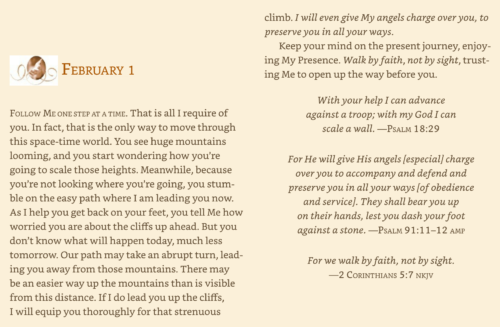Revelation through Relationship
Using the book of Job as an example, Center for Action and Contemplation (CAC) teacher Brian McLaren suggests that God’s revelation through the Bible comes from the ongoing dialogue and relationship the Bible inspires between God and ourselves. He teaches:
Revelation occurs not in the words and statements of individuals, but in theconversation among individuals and God. . . .
Revelation accumulates in the relationships, interactions, and interplay between statements. . . .
To say that the Word (the message, meaning, or revelation) of God is in the biblical text, then, does not mean that you can extract verses or statements from the text at will and call them “God’s words.” It means that if we enter the text together and feel the flow of its arguments, get stuck in its points of tension, and struggle with its unfolding plot in all its twists and turns, God’s revelation can happen to us. We can reach the point that Job and company did at the end of the book, where, after a lot of conflicted human talk and a conspicuously long divine silence, we finally hear God’s voice. . . .
As we listen and enter into the conversation ourselves, could it be that God’s Word, God’s speaking, God’s self-revealing happens to us, sneaks up, surprises and ambushes us, transforms us, and disarms us—rather than arms us with “truths” to use like weapons to savage other human beings? Could it be that God’s Word intends not to give us easy answers and shortcuts to confidence and authority, but rather to reduce us, again and again, to the posture of wonder, humility, rebuke, and smallness in the face of the unknown? . . .
If we want the Bible to be a constitution, it isn’t enough. It isn’t at all. Nor is it enough as a road map for successful living, as a set of blueprints for building a life, institution, or nation, or as an “owner’s manual” . . . . But as the portable library of an ongoing conversation about and with the living God, and as an entrée into that conversation so that we actually encounter and experience the living God—for that the Bible is more than enough. . . .
I hope [this approach] will try to put us in the text—in the conversation, in the story, in the current and flow, in the predicament, in the Spirit, in the community of people who keep bumping into the living God in the midst of their experiences of loving God, betraying God, losing God, and being found again by God. In this way, by placing us in the text, I hope this approach can help us enter and abide in the presence, love, and reverence of the living God all the days of our lives and in God’s mission as humble, wholehearted servants [Richard: and friends, I might add] day by day and moment by moment. Even now.
